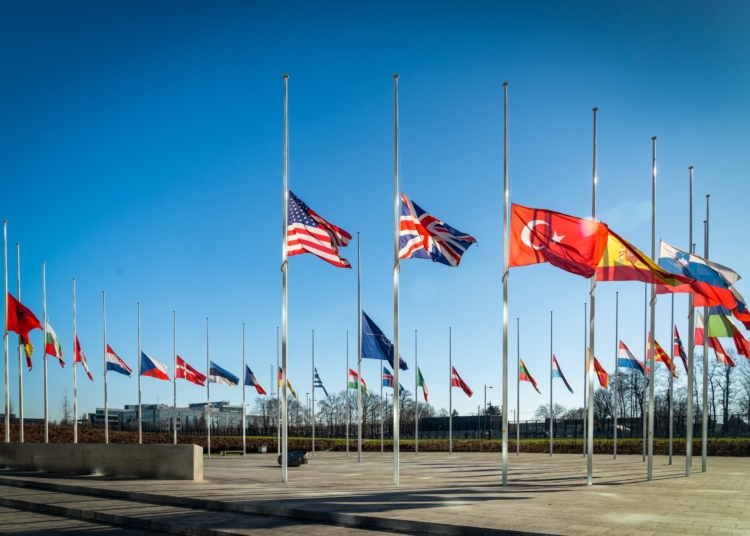NATO, the North Atlantic Treaty Organization, consists of 30 member countries from North America and Europe, formed in 1949 to ensure the security and defense of its members through collective defense. The United States is a key contributor to the alliance, providing defense capabilities, intelligence, and strategic leadership. The United Kingdom offers expertise in cyber security, intelligence, and counter-terrorism while Germany, as the largest economy in Europe, contributes a significant portion of NATO’s budget and military forces. France, Canada, Italy, and Turkey also play pivotal roles in NATO, each providing unique strengths and capabilities to enhance collective defense and security. Together, these member countries make NATO a formidable force for peace and stability.
NATO’s Allies: Insights into the Member Countries and their Contributions
NATO, the North Atlantic Treaty Organization, is an alliance of 30 member countries from North America and Europe. Formed in 1949, NATO’s primary purpose is to ensure the security and defense of its member countries through collective defense. Each member country plays a crucial role in contributing to the alliance, and their unique strengths and capabilities make NATO a formidable force.
United States
As the leading member of NATO, the United States is a key contributor to the alliance. With the largest military budget in the world, the U.S. plays a pivotal role in providing defense capabilities, intelligence, and strategic leadership. The U.S. also contributes significant logistical and financial support to NATO operations and exercises.
United Kingdom
The United Kingdom is a major player in NATO, with significant military capabilities and a strong commitment to the alliance. The UK provides expertise in areas such as cyber security, intelligence, and counter-terrorism, and is a key contributor to NATO missions around the world.
Germany
As the largest economy in Europe, Germany is a crucial member of NATO. It provides a significant portion of NATO’s budget and contributes to the alliance’s military forces, particularly in areas such as air and ground forces. Germany also plays a crucial role in NATO’s efforts to enhance defense and deterrence in Europe.
France
France is a key contributor to NATO, with strong military capabilities and a commitment to international security. The country has a significant military presence in Europe and contributes to NATO missions in areas such as counter-terrorism and maritime security. France also plays a leading role in NATO’s efforts to strengthen its defense and deterrence capabilities.
Canada
As a founding member of NATO, Canada has a strong commitment to the alliance and plays a crucial role in its operations. Canada provides essential support to NATO missions, including air and naval forces, as well as intelligence and surveillance capabilities. The country also contributes to NATO’s efforts to enhance defense and deterrence in Europe.
Italy
Italy is a key contributor to NATO, with significant military capabilities and a commitment to international security. The country provides support to NATO missions, including air and ground forces, as well as intelligence and surveillance capabilities. Italy also plays a crucial role in NATO’s efforts to strengthen its defense and deterrence capabilities.
Turkey
Turkey is a strategically important member of NATO, with a strong military presence and a commitment to regional security. The country plays a pivotal role in NATO’s operations in the Middle East, providing critical support for missions in areas such as counter-terrorism and maritime security. Turkey also contributes to NATO’s efforts to enhance defense and deterrence in the region.
Conclusion
The member countries of NATO each bring unique strengths and capabilities to the alliance, and their contributions are crucial to its success. By working together, NATO’s allies are able to enhance their collective defense and security, making the alliance a powerful force for peace and stability in the world.













